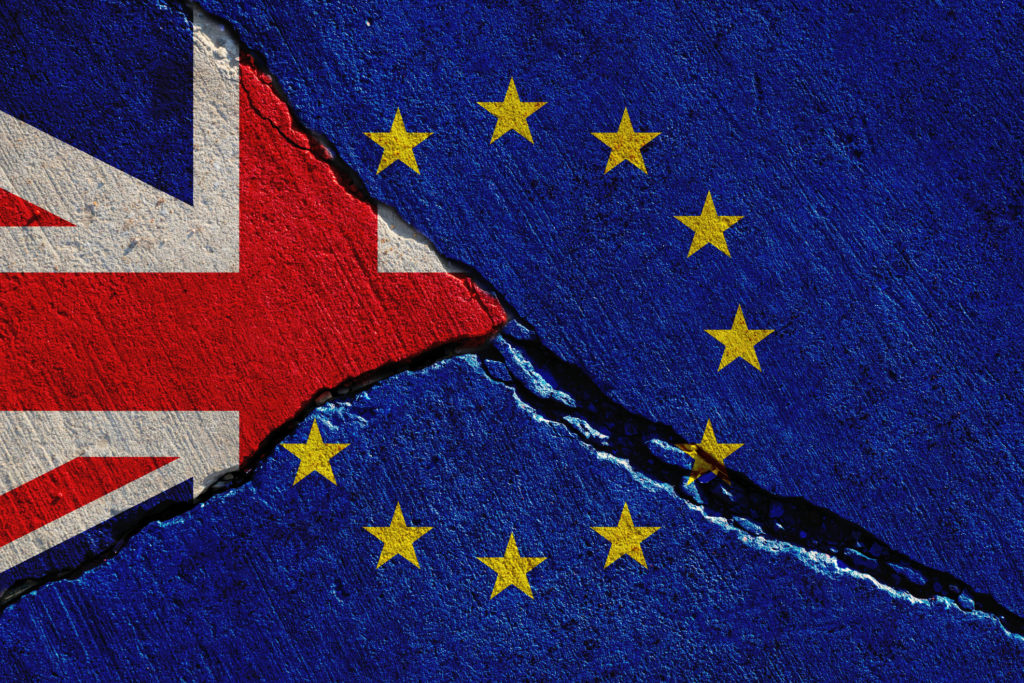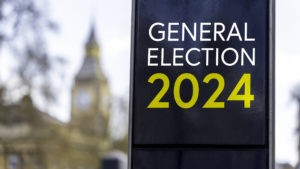As the winds of change swept across the English Channel in 2016, a tempest named ‘Brexit’ raged throughout the United Kingdom. The monumental decision to leave the European Union, driven by a slim majority in a public referendum, left the country in a state of profound political tumult. The consequences of this decision are still being felt today. However, the central narrative of Brexit – a fiercely independent Britain asserting its sovereignty – is increasingly being cast in a different light as murmurs of external influences rise in public discourse, particularly in relation to Russia and having seen the invasion of Ukraine, people are starting to question.

The idea that Russia could have influenced Brexit isn’t as outrageous as it might seem at first glance. Russian interests have long been known to align with the prospect of a more divided West, which the UK’s departure from the EU certainly accomplishes. A weakened or fractious European Union could potentially provide Russia with more geopolitical room for manoeuvre. The question remains: Could Moscow have influenced the Brexit vote? And if so, how?
The relationship between Russia and Brexit is nebulous, more the stuff of spy novels than dry political science. It centres around the accusation that Russia may have wielded a new and potent weapon in its geopolitical arsenal: information warfare. Rather than tanks and artillery, this form of combat employs social media bots, disinformation campaigns, and cyber-attacks.
Much research has shown that a deluge of misinformation was propagated across social media platforms during the run-up to the Brexit vote. Automated accounts, or ‘bots,’ spread hyperbolic, exaggerated, or entirely false narratives about the potential consequences of remaining in the EU. This trend was particularly noticeable on Twitter, where analyses suggest that bots accounted for a significant proportion of the pro-Brexit discourse.
Moreover, investigations into Russia’s influence over the Brexit vote have highlighted dubious financial connections. Wealthy Russian emigres with close ties to the Kremlin allegedly donated substantially to pro-Brexit campaign groups and prominent Brexiteers. While these contributions were made legally, the intention behind them is subject to question.
Further still, the UK’s intelligence community has warned that Russia had attempted numerous cyber-attacks on British institutions, possibly in an attempt to influence or disrupt the Brexit process. Although there is no concrete evidence linking these attacks directly to the Brexit vote, the timing of the assaults remains suspicious.
Yet, despite these worrying trends, a smoking gun linking Russia’s government to a successful Brexit manipulation campaign remains elusive. The UK’s intelligence services have yet to unearth definitive evidence that Russia’s alleged interference had a material impact on the referendum’s outcome.
It is also crucial to remember that Russia is not the puppeteer of British politics, and the responsibility for the Brexit decision ultimately falls on the UK itself. The reasons for the Brexit vote were myriad, deeply rooted in British history, and reflective of wide-ranging social, economic, and political factors. Blaming Russia entirely for Brexit would be inaccurate and a gross oversimplification of a highly complex issue.
Brexit has left a profound and lasting impact on the United Kingdom’s political landscape. And while the shadow of potential Russian influence looms large, it does not change the fact that Brexit is a decision that was, for better or worse, taken by the British people themselves.
Therefore, as we contemplate Russia’s role in Brexit, it is crucial to keep a balanced perspective. The alleged links between Russia and Brexit are a stark reminder of the new and potent dangers of information warfare. However, they should not distract from the very real domestic issues that catalysed the Brexit decision in the first place. Understanding the influence of external actors is important, but it should not eclipse the need for introspection, reflection, and reform in the aftermath of such a significant decision.
The Russian invasion of Ukraine has added a new layer to the conversation about Russia’s potential influence on Brexit. The conflict, with its myriad geopolitical implications, provides a stark backdrop to the questions regarding Russia’s international interventions. It also sharpens the focus on the claims about potential Russian interference in the Brexit referendum.
Firstly, the invasion exemplifies Russia’s willingness to disrupt the post-Cold War international order to further its strategic interests. This feeds into the narrative that Russia may have perceived the weakening of European unity – which Brexit arguably contributed to – as beneficial for its geopolitical ambitions.
Secondly, the conflict in Ukraine showcases the methods Russia is prepared to employ to reach its goals. Allegations about Russia’s use of misinformation and cyber-attacks during the invasion resonate with the claims about the tactics used to potentially influence the Brexit referendum. This parallel bolsters the argument that Russia may have used similar tactics in an attempt to shape public opinion in the UK.
Lastly, the invasion highlights the necessity of unity and cooperation among Western nations. In light of the conflict, some argue that Brexit may have inadvertently undermined this unity, creating potential fractures that could be exploited by foreign powers such as Russia. This argument implies that Brexit might have indirectly played into Russia’s hands, even if there wasn’t any direct interference from Moscow!





